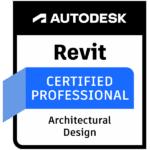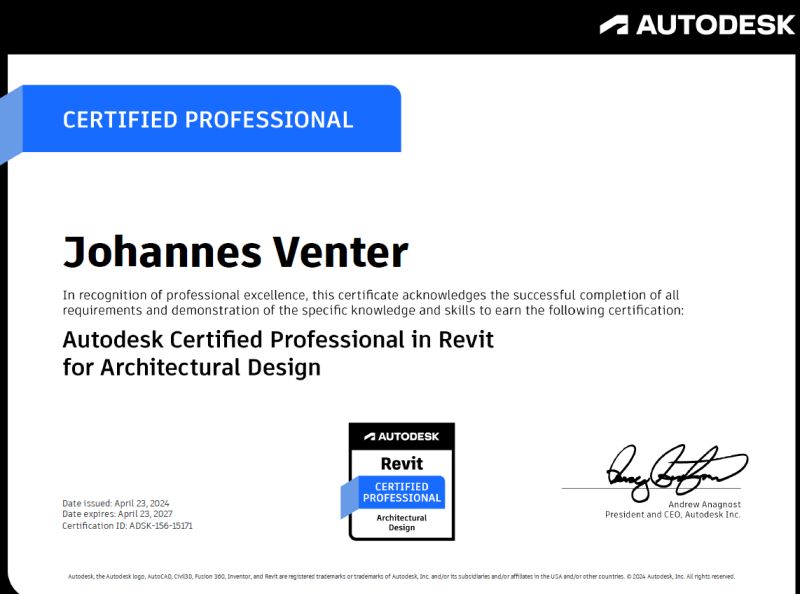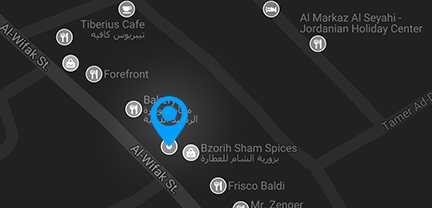Why Revit Certification Is Worth It—And How It Can Elevate Your Career

In today’s design and construction industries, having the right tools is just the beginning. What truly sets professionals apart is the ability to demonstrate their skills with confidence. If you’re serious about a career in architecture, engineering, or construction (AEC), earning a Revit certification could be one of the smartest moves you make.
Let’s explore why Revit certification isn’t just a nice-to-have—it’s a career catalyst.
What Is Revit Certification?
Autodesk Revit is the industry-standard software for Building Information Modeling (BIM). A Revit certification is an official credential from Autodesk (or an authorized provider) that proves your knowledge and proficiency with the software.
It shows that you understand core concepts like:
- Modeling and documentation
Worksharing and collaboration
BIM workflows and standards
MEP, structural, or architectural detailing
Whether you’re an architect designing your first high-rise or a student just breaking into the industry, certification tells the world you know how to get the job done—the right way.
Lorem ipsum dolor sit amet, consectetur adipiscing elit. Ut elit tellus, luctus nec ullamcorper mattis, pulvinar dapibus leo.
1. It Makes Your Resume Stand Out
Hiring managers don’t just want to see software listed on your resume—they want to know you can use it.
Certification is a credible, third-party validation of your skills. It helps you:
- Catch the eye of employers
- Qualify for more competitive roles
- Accelerate your entry into the job market
2. You Gain a Competitive Edge
In a field where portfolios and performance matter, certification is often the tiebreaker. When two candidates look equally strong, the certified professional often wins.
3. Boost Confidence—Yours and Theirs
Revit can be complex. Studying for certification forces you to master essential workflows, which increases both your confidence and your productivity. And when you’re confident, your clients and employers feel it too.
4. Global Recognition
Revit is used in over 100 countries. Your Autodesk certification is respected worldwide, giving you career flexibility whether you’re working locally or planning an international move.
Who Should Get Certified?
Students and Recent Graduates – Stand out in a crowded market.
Architects, Engineers, and Designers – Validate your skill set and qualify for higher roles.
Freelancers and BIM Consultants – Earn client trust with a recognized credential.
Professionals transitioning from AutoCAD – Show your fluency in modern BIM workflows.
What the Certification Process Looks Like
Training or Self-Study – Use Autodesk learning partners or platforms like LinkedIn Learning, Coursera, or Udemy.
Practice Exams – Get familiar with the test format and identify areas to improve
Official Exam – Timed, multiple-choice or task-based test conducted online or in-person.
Once you pass, you’ll receive a digital certificate and badge to share on your resume, LinkedIn, or portfolio..
🔍 Is It Really Worth It?
Absolutely—if you’re looking to grow. Certification alone won’t land you a job, but it can open doors, especially when paired with a strong portfolio and real project experience. It shows you’re not only competent—but committed to staying sharp in a competitive, tech-driven industry.
Ready to Take the Next Step?
Whether you’re just getting started or already working in the field, Revit certification is a smart investment in your future. It’s more than a piece of paper—it’s a professional milestone.




